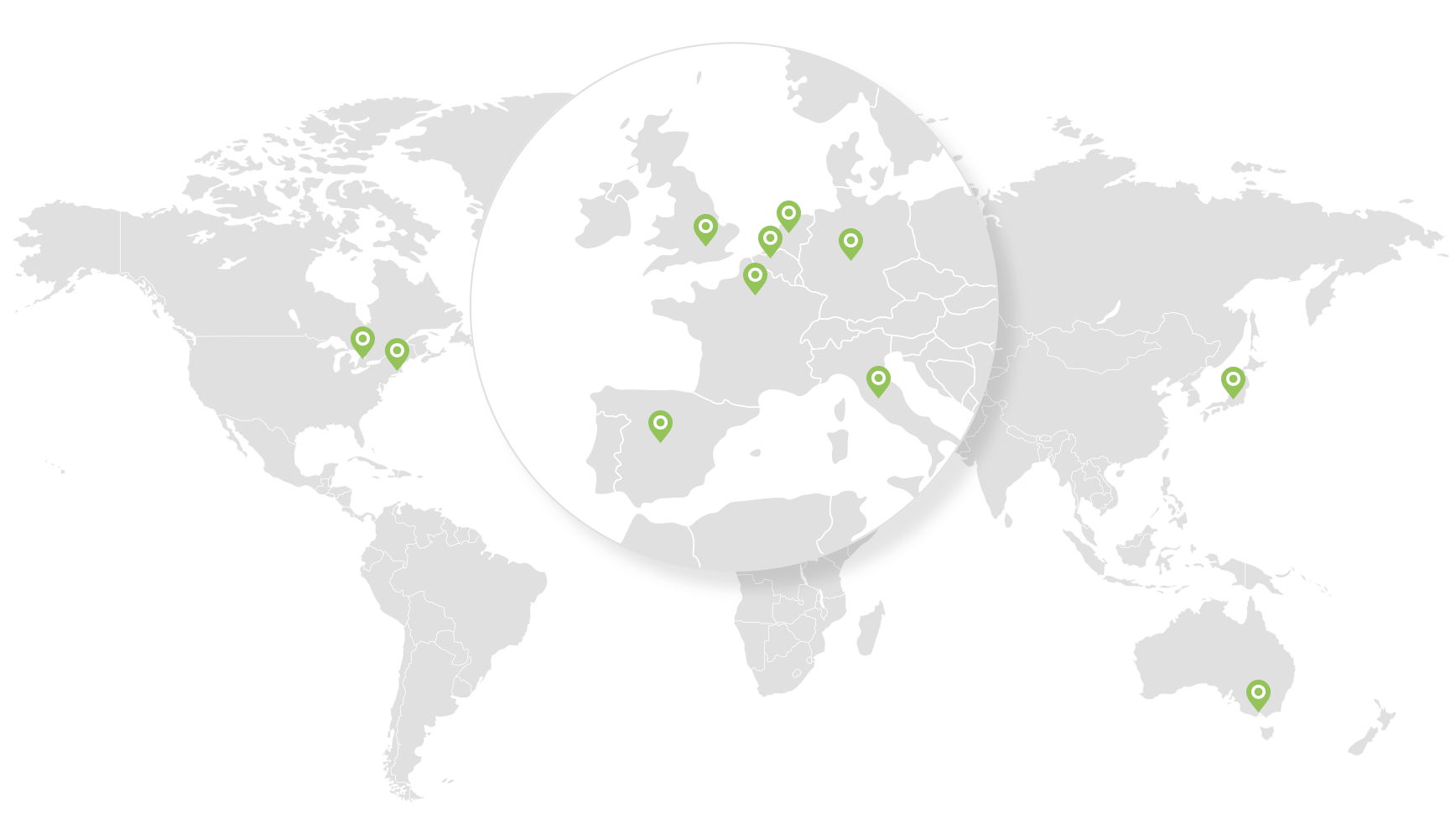arGEN-X and University of Bern enter into license agreement to develop ARGX-110-based combination therapies for treatment-resistant cancers
- Collaboration demonstrates potential of ARGX-110 in overcoming treatment resistance in chronic myelogenous leukemia (CML)
- Preclinical results published in Science Translational Medicine
Breda, the Netherlands/Ghent, Belgium - arGEN-X N.V. (Euronext Brussels: ARGX), a clinical-stage biopharmaceutical company focused on creating and developing differentiated therapeutic antibodies for the treatment of cancer and severe autoimmune diseases and the Clinical Research Department of the University of Bern announce an exclusive license agreement enabling arGEN-X to develop and commercialize ARGX-110-based therapies to overcome treatment resistance mechanisms in hematologic tumors.
The license agreement has arisen from a highly productive collaboration between the two groups, jointly announced in December 2014 at the annual ASH (American Society of Hematology) conference. Ongoing preclinical work has demonstrated the potential use of ARGX-110 to overcome imatinib resistance in chronic myelogenous leukemia (CML), data which are published today in the leading journalScience Translational Medicine.
The multi-faceted clinical potential of ARGX-110 in CD70 positive tumors is unfolding rapidly as we progress through preclinical and clinical development. Together with our collaborators in Bern, our discovery that CD70 blockade overcomes resistance to tyrosine kinase inhibitor treatment in CML patients offers an exciting in-road into combination therapy with ARGX-110. Through this collaboration, we have built a deeper understanding of the role of leukemia stem cells (LSCs) in CML and how CD70 plays a role in establishment of resistance to standard of care therapies, commented Hans de Haard, Chief Scientific Officer of arGEN-X.
LSCs are responsible for the development of imatinib resistance. This resistance is caused by imatinib-dependent increase of CD70 expression which signals through its known receptor, CD27, resulting in the alternative activation of the Wnt signaling pathway. Combination therapy of imatinib and CD70 blockade has been shown to eliminate LSCs both in a murine CML model and in CML tumor xenografts, emphasize Carsten Riether and Adrian Ochsenbein, who are leading the research project at the University of Bern.
About ARGX-110
ARGX-110 is a first-in-class monoclonal antibody that potently blocks CD70-induced tumor cell proliferation and tumor escape from immune surveillance. CD70 is overexpressed in the majority of cancer patients tested to date. In addition to modulating CD70 signaling, the POTELLIGENT®-enhanced antibody-dependent cellular cytotoxicity (ADCC) of ARGX-110 enables selective destruction of CD70-positive tumor cells.
About CML
Chronic myelogenous leukemia (CML) is a cancer of leukocytes originating from leukemic stem cells (LSCs). Imatinib, a tyrosine kinase inhibitor (TKI) marketed by Novartis as Gleevec (Canada, South Africa and the USA) or Glivec (Australia, Europe and Latin America), is used to treat multiple cancers, most notably Philadelphia chromosome-positive (Ph+) CML. Despite promoting long-term remission in CML, imatinib treatment to achieve definitive cures is not yet achievable. Disease-initiating LSCs are known to underlie the establishment and persistence of resistance to imatinib treatment.
Science Translational Medicinepublication
Riether and Schürchet al., July 2015,Science Translational Medicine, Vol 7, Issue 298 (DOI: 10.1126)
